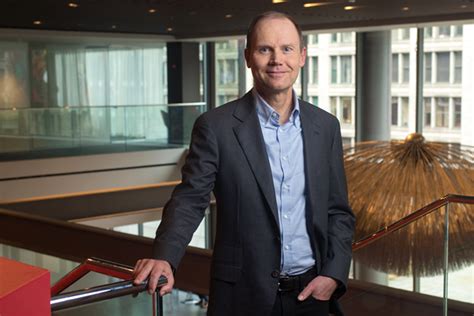A Quote by Safra A. Catz
SAP is a great company, but they have their work cut out for them if they want to compete in databases.
Related Quotes
In felling a tree we should cut into the trunk of it to the very heart, and then leave it standing so that the sap may drain out drop by drop throughout the whole of it... Then and not till then, the tree being drained dry and the sap no longer dripping, let it be felled and it will be in the highest state of usefulness.
Because there are now online databases of federally funded research, and these databases are searchable by keyword, sex researchers have to be careful how they title their projects. It's become a simple matter, for those who are so inclined, to find and target researchers whose work they object to on religious grounds.
If your cash is about to run out, you have to cut your cash flow. CEOs have to make those decisions and live with them however painful they may be. You have to act and act now; and act in the best interest of the company as a whole, even if it means that some people in the company who are your best friends have to work somewhere else.
I want women to see, especially us big women, that you don't have to let them cut you and suck it out. You don't have to let them staple you up. You don't have to let them give you a pill. You don't have to let them put a band around your organs. If you just put the work in, baby, I promise you, it comes off.
When you're in a start-up, the first ten people will determine whether the company succeeds or not. Each is 10 percent of the company. So why wouldn't you take as much time as necessary to find all the A players? If three were not so great, why would you want a company where 30 percent of your people are not so great? A small company depends on great people much more than a big company does.



































